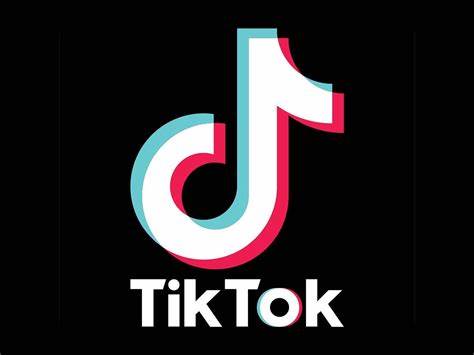
TikTok's Sonic Revolution: The Insurgence of Sped-Up Songs
In the ever-evolving world of social media, TikTok has proven to be a game-changer in numerous ways.

One of the most intriguing trends to emerge from this platform is the fascination with sped-up songs. TikTok's unique approach to music has not only revitalised classic tracks but also introduced a new generation to a fresh way of enjoying music.
TikTok: The Sonic Playground
TikTok, a short-form video platform, burst onto the scene in 2016 and has since amassed hundreds of millions of users worldwide. It offers a unique way for people to create, share, and discover short videos. TikTok's algorithm-driven feed and engagement features have made it the go-to platform for creative expression, and music is a fundamental component of this creativity.
One of TikTok's defining features is its 15 to 60-second video format, which has encouraged users to get creative with audio. TikTokers have harnessed this format to introduce a fresh take on music: speeding it up. Sped-up songs provide a playful and energetic twist to audio content, resonating with both creators and viewers.
Why Speed It Up?
Sped-up songs on TikTok serve multiple purposes. They often add a sense of urgency or humour to video content. The sped-up audio creates an element of surprise, intrigue, or sheer fun. TikTok's editing tools also allow users to manipulate the audio in various ways, including time-stretching, which is particularly useful for matching the sped-up music with the tempo of the video.
Furthermore, sped-up songs can breathe new life into classic tracks. By speeding up familiar songs, TikTok users can introduce them to a younger audience who may not have encountered these tracks before. This reimagining of music also opens up creative possibilities for artists to reinterpret their own work and engage with a new generation of listeners.
The Viral Effect
The beauty of TikTok is its potential for virality. When a TikTok video with a sped-up song becomes popular, the corresponding audio clip often gets its own share of attention. Users can easily add these audio clips to their own videos, helping the trend spread like wildfire. This creates a powerful feedback loop where sped-up songs gain widespread recognition, becoming anthems within the TikTok community.
Artists and Record Labels Take Notice
TikTok's impact on the music industry cannot be overstated. Sped-up songs have played a significant role in giving old hits a fresh, viral life. Artists and record labels have taken note of this phenomenon and begun leveraging TikTok to promote their music.
For emerging artists, TikTok offers a powerful platform for launching their careers. By creating a viral trend with a sped-up song, they can gain recognition and build an audience quickly. Meanwhile, established artists can utilise TikTok to stay connected with their existing fan base and introduce their music to a new demographic.
But does this make a mockery of music?
The speeded-up songs trend on TikTok hasn't been without its challenges. Some argue that it trivialises music, turning it into a meme or a joke. Others worry that speeding up songs without proper authorisation might infringe on copyright issues. In response, TikTok has implemented measures to ensure artists and creators receive due credit and compensation for their work.

TikTok's insurgence and the popularity of sped-up songs represent a unique and dynamic shift in the music landscape. By embracing this trend, TikTok has empowered its users to become creators, DJs, and curators, all in one. Sped-up songs have not only revitalised classic music but also created an entirely new musical experience for a younger generation.
The impact of TikTok's sped-up songs trend reaches far beyond the app itself. It has disrupted the music industry, transforming how artists and record labels interact with their audiences. As TikTok continues to evolve, we can only imagine the exciting and innovative ways in which it will continue to shape the future of music.
